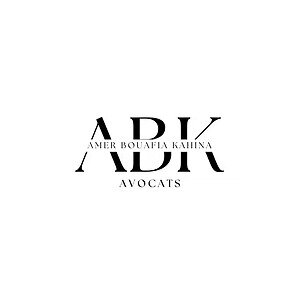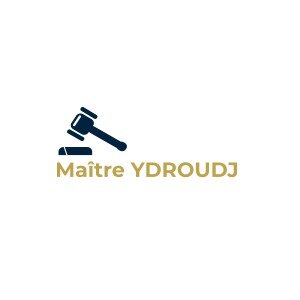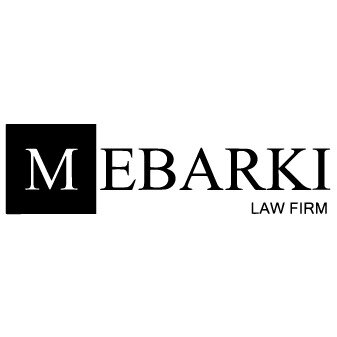Best Collaborative Law Lawyers in Algeria
Share your needs with us, get contacted by law firms.
Free. Takes 2 min.
Free Guide to Hiring a Family Lawyer
Or refine your search by selecting a city:
List of the best lawyers in Algeria
About Collaborative Law in Algeria
Collaborative Law is a legal process in Algeria where parties work together in a cooperative, non-adversarial manner to resolve their disputes. This approach allows both parties to avoid going to court and instead focuses on reaching a mutually beneficial agreement through negotiation and communication.
Why You May Need a Lawyer
You may need a lawyer in Collaborative Law in Algeria if you are going through a divorce, separation, or other family-related disputes. A lawyer can help guide you through the legal process, protect your rights, and ensure that your interests are represented during negotiations.
Local Laws Overview
In Algeria, the legal system is based on civil law, which means that laws are codified and rely heavily on legislation and judicial decisions. Collaborative Law in Algeria is governed by the Code of Civil Procedure and other relevant laws pertaining to alternative dispute resolution methods.
Frequently Asked Questions
What is the role of a lawyer in Collaborative Law?
A lawyer in Collaborative Law acts as a legal advisor, negotiator, and advocate for their client. They help facilitate communication between parties, ensure that all legal requirements are met, and assist in drafting the final agreement.
How long does the Collaborative Law process usually take in Algeria?
The length of the Collaborative Law process in Algeria can vary depending on the complexity of the case and the willingness of the parties to cooperate. On average, the process can take several weeks to a few months to reach a resolution.
Is Collaborative Law legally binding in Algeria?
Yes, agreements reached through Collaborative Law in Algeria are legally binding once they are signed by all parties involved. These agreements can be enforced by the court if necessary.
Additional Resources
If you are in need of legal advice or assistance in Collaborative Law in Algeria, you can contact the Bar Association of Algeria or seek out local law firms specializing in alternative dispute resolution methods. Additionally, there are online resources and legal aid organizations that can provide helpful information and support.
Next Steps
If you require legal assistance in Collaborative Law in Algeria, the first step is to consult with a qualified lawyer who is experienced in this field. They can assess your situation, provide legal advice, and guide you through the Collaborative Law process to help you achieve a favorable outcome.
Lawzana helps you find the best lawyers and law firms in Algeria through a curated and pre-screened list of qualified legal professionals. Our platform offers rankings and detailed profiles of attorneys and law firms, allowing you to compare based on practice areas, including Collaborative Law, experience, and client feedback.
Each profile includes a description of the firm's areas of practice, client reviews, team members and partners, year of establishment, spoken languages, office locations, contact information, social media presence, and any published articles or resources. Most firms on our platform speak English and are experienced in both local and international legal matters.
Get a quote from top-rated law firms in Algeria — quickly, securely, and without unnecessary hassle.
Disclaimer:
The information provided on this page is for general informational purposes only and does not constitute legal advice. While we strive to ensure the accuracy and relevance of the content, legal information may change over time, and interpretations of the law can vary. You should always consult with a qualified legal professional for advice specific to your situation.
We disclaim all liability for actions taken or not taken based on the content of this page. If you believe any information is incorrect or outdated, please contact us, and we will review and update it where appropriate.
Browse collaborative law law firms by city in Algeria
Refine your search by selecting a city.











